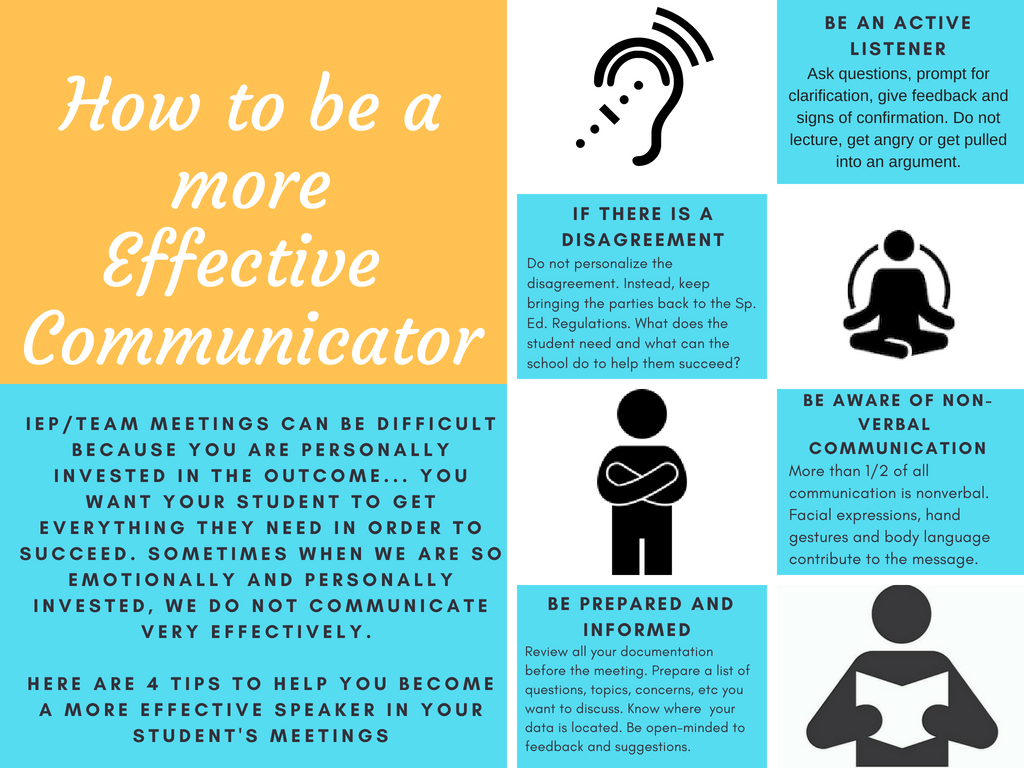As parents, we strive to raise our children in the best way possible. From the moment they are born, we are constantly trying to understand their needs, wants, and emotions. One very important aspect of parenting that often gets overlooked is effective communication. I have learned firsthand the power of effective communication in building strong relationships with my children and I want to share some useful tips that have worked for me.
1. Create a Safe and Supportive Environment: The first step towards effective communication is creating a safe and supportive environment for our children. This means being approachable, understanding, and non-judgmental. When kids feel comfortable, they are more likely to open up and share their thoughts and feelings.
2. Listen Actively: Listening is one of the most important aspects of effective communication. When your child is talking to you, give them your full attention. Maintain eye contact, nod your head, and ask open-ended questions to show that you are actively engaged in the conversation. Avoid interrupting or rushing them, as this can make them feel unheard.
3. Show Empathy and Validation: It’s crucial to empathize with our children’s emotions and validate their experiences. Let them know that their feelings are valid and that it’s okay to feel the way they do. This helps build trust and establishes a foundation for open and honest communication.
4. Use Age-Appropriate Language: When communicating with younger children, it’s important to use simple and age-appropriate language. Adapt your vocabulary and explanations to their level of understanding so they can grasp the message you are trying to convey. As they grow older, you can gradually introduce more complex concepts and language.
5. Use Positive Reinforcement and Encouragement: Effective communication involves not only addressing concerns or issues but also celebrating achievements and positive behaviors. Be sure to offer praise and encouragement when your child behaves well, accomplishes something, or displays positive traits. This helps build their confidence and motivates them to continue making good choices.
6. Foster Open-Ended Conversations: Instead of asking questions that can be answered with a simple “yes” or “no,” try to ask open-ended questions that encourage your child to express their thoughts and feelings in more detail. For example, instead of asking, “Did you have a good day at school?” you could ask, “What was the best part of your day at school?”
7. Use Non-Verbal Communication: Communication is not just about words; non-verbal cues also play a significant role. Pay attention to your body language and facial expressions when interacting with your child. Smile, maintain an open posture, and use gentle gestures to convey warmth and understanding. This helps reinforce the message that you are fully present in the conversation.
8. Set Aside Quality Time: In our busy lives, it’s important to set aside quality time for one-on-one interactions with our children. This dedicated time allows for deeper conversations and strengthens the bond between parent and child. It could be as simple as taking a walk together, cooking a meal, or engaging in a shared hobby.
9. Teach Problem-Solving Skills: Effective communication involves teaching our children problem-solving skills. Encourage them to express their concerns and frustrations, and help them find solutions. By involving them in the process, we empower them to think critically and develop important life skills.
10. Be Mindful of Your Own Communication Style: Lastly, be conscious of your own communication style. Children often model their behavior after their parents, so it’s important to be mindful of how we communicate with them and with others. Practice active listening, be patient, and avoid raising your voice or using harsh language.
In conclusion, effective communication is an essential tool in building strong and meaningful relationships with our children. By creating a safe environment, actively listening, showing empathy, and using age-appropriate language, we can foster open and honest conversations. Through positive reinforcement, open-ended questions, non-verbal cues, quality time, and problem-solving skills, we can enhance our ability to communicate effectively as parents. Remember, communication is a lifelong skill that will benefit both you and your children in every aspect of life.
